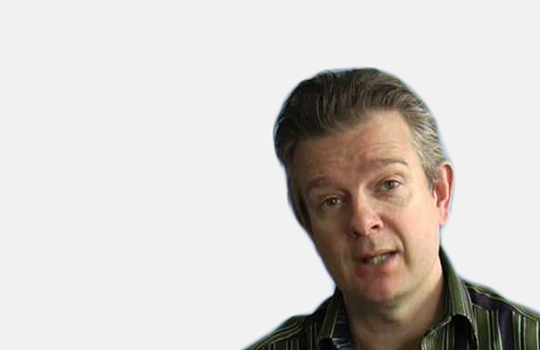![]() It was the White Queen who told Alice that she had at times thought six contradictory things before breakfast. We humans have a remarkable tolerance for incompatibility, happily living with any number of self-cancelling beliefs about ourselves and the world. So difficult is it to imagine – or at least for me to imagine – what an entirely coherent set of beliefs would look like that I’m tempted to think it impossible, something best left for angels, or even, hallowed be their name, philosophers.
It was the White Queen who told Alice that she had at times thought six contradictory things before breakfast. We humans have a remarkable tolerance for incompatibility, happily living with any number of self-cancelling beliefs about ourselves and the world. So difficult is it to imagine – or at least for me to imagine – what an entirely coherent set of beliefs would look like that I’m tempted to think it impossible, something best left for angels, or even, hallowed be their name, philosophers.
Although we all surely have an inalienable right to contradict ourselves in the comfort – or otherwise – of our own minds, things get a little trickier when it comes to public policy. For a while now I’ve been brooding on the paradoxes of public health interventions. Remember the Foresight report from 2007: Tackling Obesities: Future Choices? (Just as an aside – why obesities? To what do we owe that knowing plural? Are we about to enter a whole new world of overweightness? To encounter hitherto undreamt of ways of being stout? Apparently not. According to the executive summary it is an attempt to capture the “multi-dimensional” origins of obesity). Cringeworthy plurals aside, the main drift of the report is that we need to set aside the timeworn view that people put on weight because they make a choice to eat too much.
Instead we need to see the ballooning levels of obesity as the result of a combination of genetic and environmental factors. Our evolution in the wild has predisposed us to store energy as fat during times of plenty in order that we can survive during leaner times. Unfortunately for our western waistlines there are now no lean times. The conditions of life have changed beyond recognition and the combination of permanent plenty, and the sedentary lives bequeathed to us by modern ways of travelling and working, have sprung the twin jaws of a public health trap into which our maladapted bodies are blundering.
There is a fairly obvious sense in which this just must be true. The physics of weight gain are quite straightforward. If we take in more energy than we consume we store the energy as fat and put on weight. If food is not available, or if we consume it through necessary physical activity, then we don’t put on weight.
But if the environmental picture is true, and I believe that it is, how do we account for those who do not put on weight, for the two or three out of every four who do not consume more energy as food than they expend in exercise? After all, we all swim in the same “obesogenic” sea.
Like all of us, I know fat people and I know thin. The thin ones eat less and exercise more than the fat ones. They choose to do this, at least in so far as human beings choose to do anything. So up against the truth that our environment makes us fat must be set the truth that our weight is the result of choices that we make. Both of these truths speak to deep intuitions we have about human behaviour. The problem is that at some level these truths seem to be incompatible.
From one angle the problem is a newish nibble on a very old doughnut, the question of whether our actions issue from our free will, or whether they are determined by the effects of pre-existing conditions working through ineluctable natural laws. From another albeit related angle it is also a question of perspective.
At an individual level, and to a greater or lesser extent, each of us wrestles with our own appetites. It always feels like a deeply personal struggle: to yield or to resist; to eat or not to eat. Pull back a little though, use a wider angle lens, look not at the struggle in an individual soul, but at groups of us wrestling en masse, and the picture changes.
At this level shared human traits will tend to express themselves in similar ways. And so while it may never be possible to judge the outcome of each individual struggle, broader outcomes look more predictable. While we all make our own choices, stuff the supermarket aisles with cheap calorific food, bring in mechanical transport, and a rise in levels of obesity seems almost inevitable.
Two truths then, truths that are in some ways linked and in others in opposition. We all make our own decisions about what to eat, but we swim in currents that can incline us in certain directions. We seem to be both free and under the strong influence of circumstance. Perhaps the biggest challenge confronting public health is how to speak coherently to both these truths at once.
Julian Sheather is ethics manager, BMA. The views he expresses in his blog posts are entirely his own.
